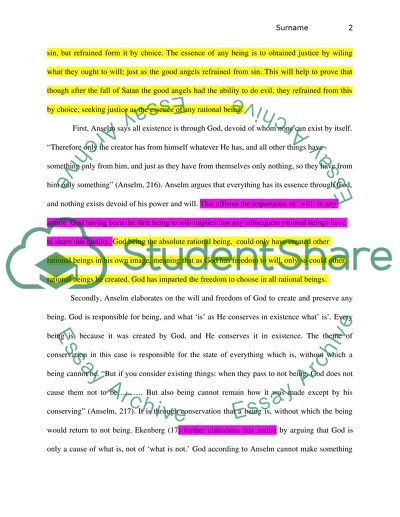Cite this document
(“Preservation of Justice as the Power to Rightness Essay”, n.d.)
Retrieved from https://studentshare.org/philosophy/1444831-anselm-s-on-the-fall-of-the-devil
Retrieved from https://studentshare.org/philosophy/1444831-anselm-s-on-the-fall-of-the-devil
(Preservation of Justice As the Power to Rightness Essay)
https://studentshare.org/philosophy/1444831-anselm-s-on-the-fall-of-the-devil.
https://studentshare.org/philosophy/1444831-anselm-s-on-the-fall-of-the-devil.
“Preservation of Justice As the Power to Rightness Essay”, n.d. https://studentshare.org/philosophy/1444831-anselm-s-on-the-fall-of-the-devil.


